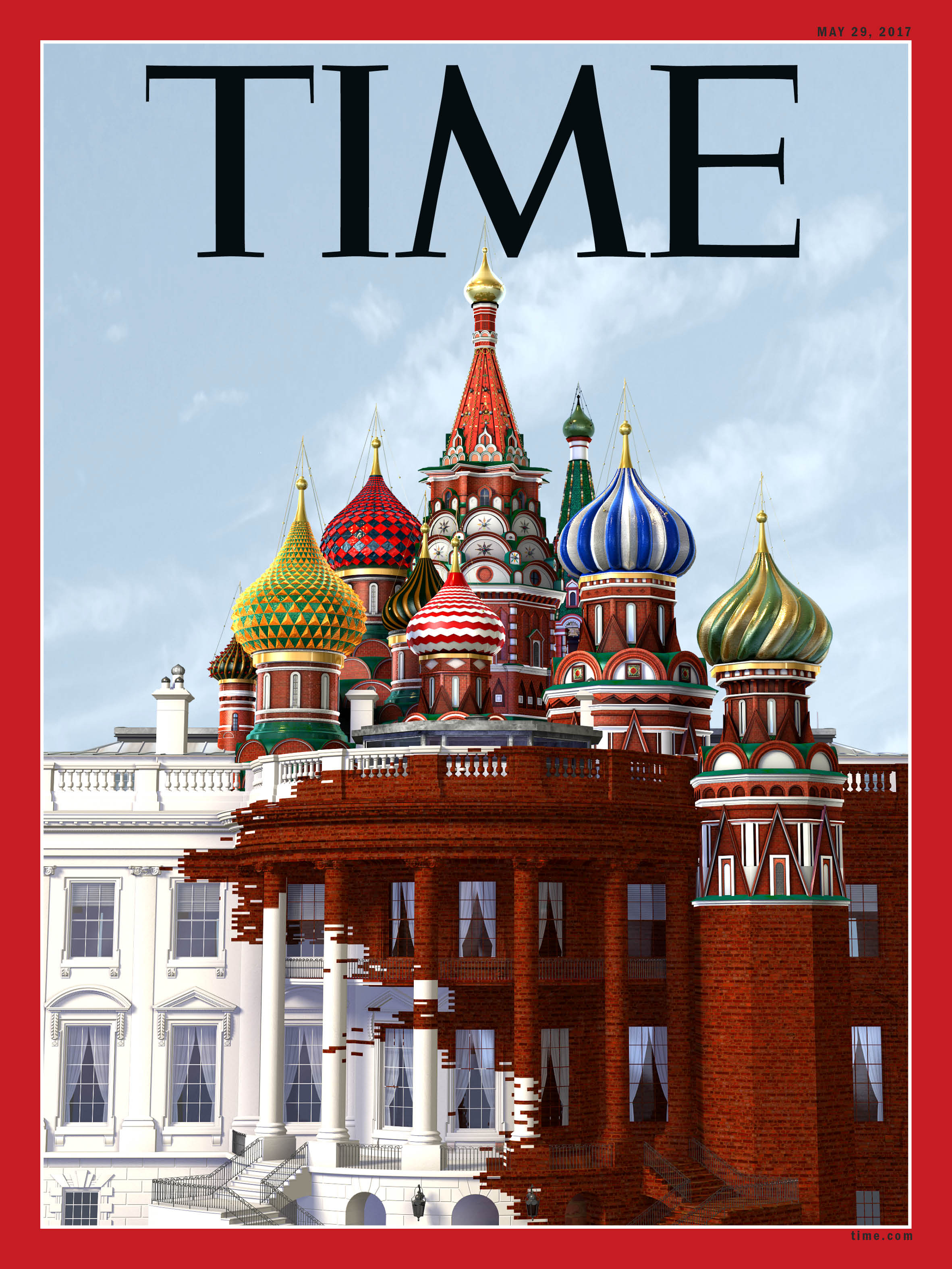From RUSI:
The Intellectual Failures Behind Russia’s Bungled Invasion
Sam Cranny-Evans and Dr Sidharth Kaushal
1 April 2022… Russia’s failures reflect a series of long-standing erroneous assumptions about modern warfare that are held by wide segments of the military. If this is the case, senior members of the uniformed military may not have had to hold their tongues and subscribe to a war plan they did not believe in; rather, the war plan might be a reflection of what Russian officers have been writing and saying about modern war for years.
What Were They Thinking?
Take, for example, the Russian literature on the next generation of warfare … A central feature of this scholarship has been faith in the ability to integrate sophisticated long-range strike capabilities with non-kinetic means including information warfare, the cultivation of fifth columnists, and the erosion of hostile state capacity in a way that can limit the duration and intensity of kinetic action and ground combat in particular. Parts of the literature substantially deemphasise seizing and holding ground. In essence, this strain of Russian literature evinces a confidence that a target state can be eroded internally prior to conflict, both reducing the level of danger and providing an opportunity for power projection. Nonmilitary instruments were accorded an importance comparable to the use of kinetic force by figures such as General Gerasimov in his now famous 2013 lecture on the changing character of war.
The Russian general argued that propaganda by the West was playing a big role in events like the Arab Spring and the color revolutions.
 Westerners then turned it around and said the (not very existent) Gerasimov Doctrine was to use propaganda to undermine the West.
Westerners then turned it around and said the (not very existent) Gerasimov Doctrine was to use propaganda to undermine the West.

Hence, the silly RussiaGate conspiracy theory in which the Kremlin threw the 2016 election to Trump with a relatively tiny number of bad ads.
In truth, it’s hard to move the needle.
But maybe the Russians came to believe their good press in the NYT and the WP: maybe we really are propaganda geniuses!
Nonmilitary tools and military ones need not complement each other, and may actually have contradictory effects. For example, efforts to cultivate friendly or apathetic elements in a foreign society may be entirely undone by an assault that has a unifying effort on an opposing society. In this context, previously sympathetic or neutral elements may alter their loyalties or at least avoid acting in support of an invading force. Rather than complementing each other in an additive fashion, then, subversion and direct assault may be contradictory. Indeed, this appears to have been the major flaw in the FSB Fifth Service’s research conducted before the conflict, which conflated pre-war dissatisfaction with the Ukrainian government with post-war attitudes, ignoring the effect that Russia’s own actions would have in changing these opinions.
Moreover, as a former GCHQ official noted when speaking to RUSI, subversive assets – be they human resources or cyber capabilities – differ in fundamental ways from a military tool like artillery, which can be called upon in relatively short order and with relatively predictable effects. This is a major impediment to any attempt to deliver integrated effects; the instruments involved work on different timescales and in different ways. Any exercise in cultivating assets behind an enemy’s lines is a time-consuming, uncertain and resource-intensive art, more like investment than traditional warfare. Assets, be they human assets or cyber capabilities, can be compromised without one’s knowing. Individuals can be turned or neutralised by a defending state’s security apparatus, or may simply decide not to risk themselves in support of their state patron, as the history of domestic coups attests. Russian discourse seems to take little account of this inherent uncertainty and treats these assets as capabilities that can be readily cultivated and called upon in tandem with the military instrument.
I am shocked, shocked to hear that you can’t trust a corrupt Ukrainian politician whom you’ve been bribing for years to risk getting himself shot as a traitor by betraying his country to your invading army. I am highly disillusioned about the reliability of crooked Ukrainians, and I’m sure Vlad is too.
Or maybe the money budgeted by the Kremlin to subvert Ukraine never actually got there and wound up in Bel-Air real estate?
I have this vague hunch that the Russian soldiers have come to see the contemporary battlefield as too lethal for an old-fashioned armored offensive. With drones, satellites, and cellphone cameras everywhere, there just isn’t enough Fog of War anymore to give soldiers a reasonable chance to survive when rolling (rather than when dispersing and hunkering down).
It’s not uncommon in military history for defenders to get the upper hand. In the American Civil War, the first few years featured heroic battles like Gettysburg. But the last year in Virginia turned into depressing trench warfare, a premonition of the Western Front a half century later (but the European professionals refused to pay attention to what the American amateurs had discovered).
Perhaps the Russian military knew that, so they assumed that the political arm had some secret plan to win through the Power of Social Media. After all, hadn’t the Amerikanskiy media been howling in fear about Russia’s mighty memes for years?